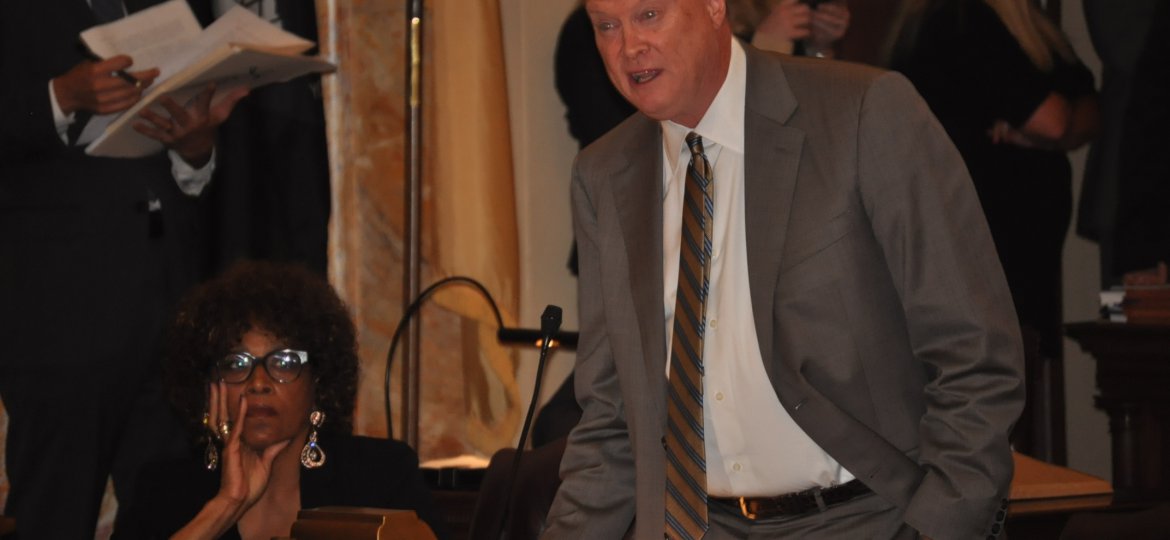
Legislation Would Prohibit Employers from Stripping Employees of Sick or Vacation Days During States of Emergency
TRENTON – A bill sponsored by Senator Peter J. Barnes III that would protect New Jersey workers who are unable to make it into work due to a declared state of emergency was approved today by the Senate Labor Committee.
“As we saw this past winter, when severe weather hits, roadways can become extremely dangerous to drive on. Yet when people’s jobs and livelihoods are at stake, people feel compelled to take their own and others’ lives into their hands to get to work,” said Senator Barnes, D-Middlesex. “New Jerseyans should be able to make an objective decision to drive during a storm that reflects their own and their family’s safety rather than a fear of retribution by an employer or a loss of sick or vacation time.”
The bill, S-1717, would protect New Jersey employees from adverse actions by their employer if they are unable to make it to work due to a state of emergency. The legislation would prevent employers from requiring employees to use any sick, vacation, personal or other leave – paid or unpaid – during a state of emergency.
The Governor declares a state of emergency when he believes that a disaster – either man-made or natural – will be severe enough to require state aid to supplement local resources in preventing or alleviating damages, loss, hardship or suffering. This bill only applies to states of emergency declared by the Governor and where emergency management officials have advised individuals to evacuate or to not travel
The bill exempts employees of public safety agencies such as police or fire departments, medical personnel, emergency services and public safety agencies and their contractors. Additionally those who work for licensed health care facilities, public utilities and private contractors for street clearing services.
An employer who violates the provisions of the bill would be subject to a penalty of up to $5,000 for the first offense and $10,000 for each additional offense.
The bill was approved by the Senate Labor Committee with a vote of 4-1. It now heads to the full Senate for approval.

